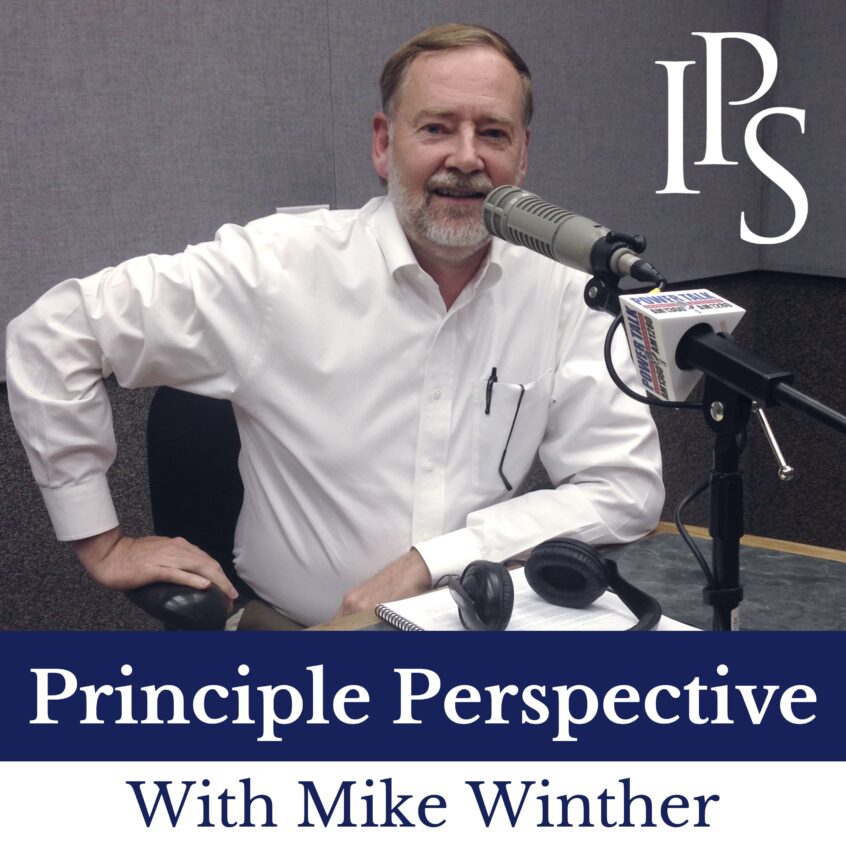LISTEN NOW
Mike Winther kicks this show off with the 3 P’s of property, principal, and practicality from a lecture of the same name. He starts out talking about property and how the study of economics relates to it. He talks about capital as a means of production and as excess production or profit. He goes on to discuss the definition of property and capital.
Economics is a study of how we use capital and who owns it. He then discusses why it’s so important to have good government policy, because changing policy towards property can change the whole economy. He also talks about capitalism and socialism and why it’s so important for us to be educated and aware about economics, government, and policy.
You’ll Learn:
- [01:10] The study of economics relates to property. The first definition of capital is means of production. The second definition is excess production.
- [02:30] Capital items help you live better and produce more. Capital is defined as means of production or excess production.
- [03:48] A company needs profit to invest in new equipment.
- [04:39] All capital items are property. Someone owns them.
- [06:19] Changing government policy towards property can totally change the economy.
- [07:07] The two schools of economics are capitalism and socialism. The difference is how we handle ownership and control capital.
- [08:44] Free market capitalism has private ownership and control of capital.
- [09:08] Socialism has public or government control or ownership.
- [16:47] The tests of ownership include having titles and formal ownership, the right or ability to control the use, and the right to dispose.
- [19:17] As a nation moves closer to socialism, these things become more infringed upon.
- [25:47] Economics is a social and mathematical science. Mike also talks about the difference between a utilitarian and a principled approach.
- [31:10] To have an ethical standard you need an external standard to judge it by. Mike would argue for the Bible, the word of God, and the Creator of the universe.
- [37:00] There are consequences for violating truth principles and ethical standards.
- [37:52] Mike talks about taxes and how some tax revenue is needed. Tax is taken away involuntarily. There are problems with taxation and private property.
- [39:05] Things that would be nice to have in a tax system are privacy, efficiency, fairness, and encouraging production.
- [43:07] Mike evaluates taxation based on these standards.
- [43:55] Income and flat tax are low privacy. Sales tax is high privacy. Head tax is also a high priority.
- [46:34] Income tax isn’t efficient. Flat tax is a little better. Sales and head tax is a little better.
- [48:18] Mike talks about the fairness of different forms of taxes.
- [51:37] Income tax is a disincentive for production.
- [55:34] Will a sales tax hurt business? Manipulating the demand side of economics.
- [58:55] If there was a national sales tax, it should be tied to the abolition of income tax.
- [01:01:10] Prior to 1913, our federal government was funded with no income tax and no sales tax.

